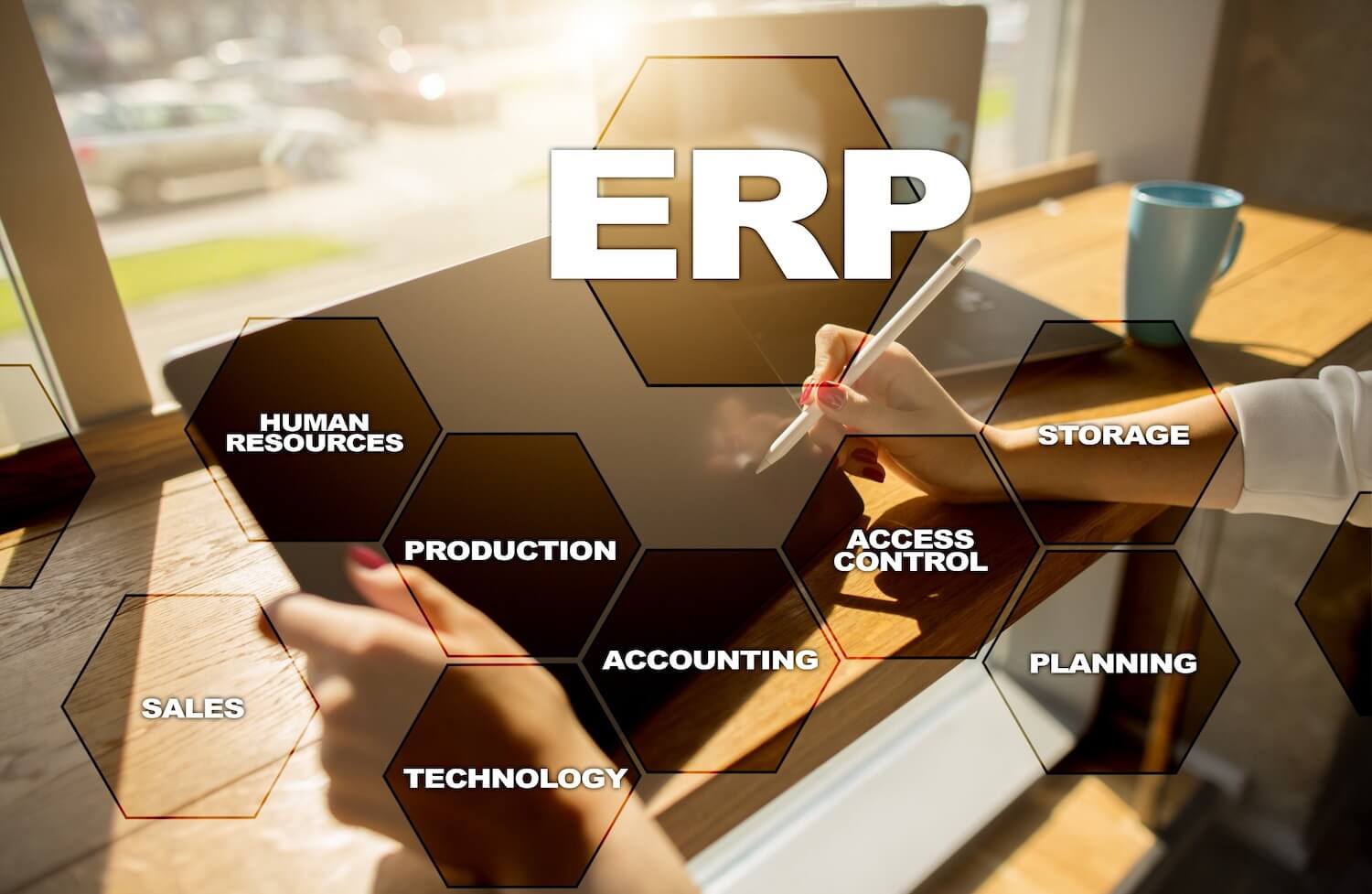Data Collection
While data collection typically takes 3-4 months, it can also be completed in as little as 1 month
Without a clear understanding of standard requirements, you may find yourself unsure about what data is necessary, how it should be collected, and whether your existing methodology aligns with standards/requirements. This can lead to delays and inefficiencies, making it essential to start with the right guidance.
Data collection doesn’t have to be overwhelming. Our streamlined approach helps you efficiently gather and organize your environmental data for scopes 1, 2, and 3, providing clear and immediate insights into your company’s carbon footprint.
To successfully manage your sustainability data, your organization needs to address three essential pillars: People, Process, and Technology.
People
Clearly define roles and responsibilities for data ownership to avoid confusion.
Process
Implement a structured SOP for data collection, building strong practices from the ground up.
Technology
For larger companies handling complex data, investing in technology is key to creating a centralized ‘source of truth’ for ESG data.
Your Net-Zero Journey Begins Here: Understand Your Carbon Data
Collecting emissions data is a necessary first step in your net-zero journey. At IGS, we define the data collection phase by gathering the essential information required for carbon accounting and ESG reporting. This involves coordinating data from various departments and stakeholders, including everything from employee commute details to building electricity usage and the weight of waste produced in your business’s office.
Our streamlined approach ensures that all relevant data is accurately sourced and organized. We make sure data quality meets ISO 14064 (Greenhouse Gas Management) requirements, providing a robust foundation for your sustainability initiatives. With IGS, you can navigate the data collection process smoothly, leveraging our expertise to guide you through each step with ease. Start your path to sustainability with a comprehensive and reliable foundation.

Is the Benchmark Truly a Benchmark?
Everyone talks about finding their benchmark in sustainability performance, yet the majority of disclosers fail to provide accurate data. Is this benchmark valuable for making comparisons? Does it still hold importance for your decision-making process? Managing data is not a one-time action per year; it requires continuous improvement. Ongoing data quality enhancement is crucial to ensure that benchmarks become more reliable over time.

Sustainability data is often scattered across disparate, siloed systems and departments
Don’t underestimate the complexity of data. Take a look at these examples of data collection sources—do you now see the complexity and the challenges?
- Manual data entry (excel report, invoice, bills, usage logs, onsite-measurement)
- Survey and questionnaire (customers, suppliers, employees etc.)
- ERP system (SAP, Oracle etc.)
- Smart meters / building management system (Water, Electricity, gas)
- Real-time data from sensor (IoT)
- Third party data (vendor/supplier)
- Estimation data / Simulation data
- Supplier contracts, agreements (number of suppliers committed to sustainability)
- Lease and Facility Agreements
- etc.
“I’m not really clear on who’s responsible for collecting which data”
“Full data is not available because we don’t practice to collect periodically.”
“Data are not readily available to be examined”
“Data entry is inconsistent across different owners
“
“We only compile the data when requested, no one is reviewing its integrity or accuracy”
“Data is fragmented across departments, and I’m not sure who holds ownership or accountability for it”
“I don’t know what is the SOPs for data collection. Is it necessary?”
Does this feedback sound familiar? Keep getting the same response EVERY TIME you ask for sustainability data, it’s a sign that there’s a BIG gap in the process—and it needs to be closed!
Performing Data Gap analysis is Essential
Feeling fussy about the complexity of data and not sure where to begin? Rest assured—with IvyGreen, you’re in expert hands. We won’t change the way you’ve been operating. Instead, we specialize in in-depth data gap analysis, understanding your operational practices and industry background, and connecting the missing dots. Our customized consulting solutions are designed to tackle your challenges head-on, helping you build a sustainable data management system that operates smoothly and fulfills your sustainability data needs.

Key Benefits of Conducting a Data Gap Analysis:
- Lay the groundwork for credible sustainability reporting.
- Pinpoint the most relevant ESG indicators and metrics that matter to your organization.
- Minimize potential errors from data sources, human input, or system failures.
- Improve data quality and reliability, critical for establishing trust and transparency.
- Ensure your data is ready and compliant with verification standards.
- Strategic planning and decision making
